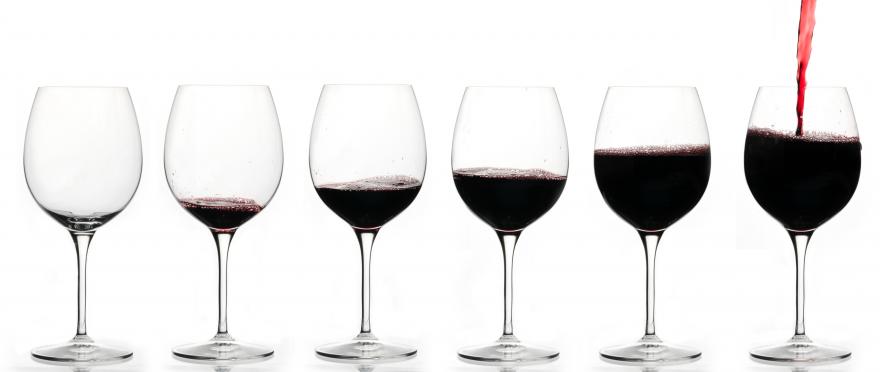Drinking alcohol can have negative effects on your body, appearance, mental health, and lifestyle. You may have thought about cutting down on your alcohol intake for various reasons, and minimising your drinking or stopping all together can have a highly positive impact on your overall health.
Signs you should think about cutting down your alcohol intake if:
- Your friends and family are concerned that you drink too much.
- You regularly ‘black out’ on nights out and struggle to remember what happened.
- You regularly drink and/or get drunk whilst on your own; most of your drinking should be enjoyed with friends and family.
- Your actions whilst drinking cause problems in your social, work, or home life.
- Alcohol is a constant presence in your life. You should be enjoying alcohol as an occasional drink and not all the time.
- You are hiding your alcohol from friends and family or drinking in secret.
- You’ve tried and failed to stop drinking.
- You struggle to go a few hours without thinking about when your next drink will be.
- Most of your plans involve alcohol.
- You find you can’t stop drinking once you have started.
You can take an ‘Alcohol Self-Assessment Test’ that will help you understand more about the impact of your drinking.
Benefits
There are many benefits of cutting down your alcohol intake, and these are both immediate and long-term benefits. The immediate benefits of cutting down on your alcohol intake include:
- Feeling better in the mornings; no longer suffering from hangovers
- Improved sleep and increased energy levels; regular drinking disrupts your sleeping cycle, and negatively affects the quality of your sleep.
- Your skin may start to look better and become more hydrated.
- You’ll begin to feel fitter
- You may stop gaining weight, and/or start losing weight
Long-term benefits:
- Improved health – cutting down on alcohol can lower your risk of getting cancer. Giving up drinking alcohol will also have a big impact on your liver and may reduce the chance of liver disease.
- Improved mental health; drinking regularly and heavily is strongly linked to depression. People who drink heavily are twice as likely to suffer from depression and anxiety.
Government Guidelines
In January 2016, the government revised their guidelines and lowered the alcohol limit of men to be the same as women, down from 21 units to 14. The government’s unit guidelines state that there is no safe level of alcohol consumption, and both men and women are now advised to not drink more than 14 units per week on a regular basis. If a person is drinking 14 units of alcohol per week it is recommended that they spread this evenly throughout the week.
To lower the risk of short-term health effects, the government advise limiting of amount of alcohol in one session, and drinking more slowly by alternating drinks with food and/or water. Having one or two heavy drinking sessions can increase the risk of death from long-term illness, accidents and injuries.
How many units are in your drink?
14 units per week is equal to:
- 6 medium glasses of wine (13% vol.)
- 6 pints of lager or ale (4% vol.)
- 5 pints of cider (4.5% vol.)
- 14 spirit shots 25ml (40% vol.)
How to cut down your alcohol intake:
- Try to have two alcohol-free days a week.
- When on a night out, try not to take part in rounds. Buying your own drink allows you to keep track on the number of drinks you are buying and consuming, and you don’t need to keep up with the rest of the group. Opting out of rounds can also save you money.
- Track how much you drink – this can help you stay within the government’s low risk guidelines.
- Downgrade the size of your drink; switch from a full pint to a half, or large 250ml glass of wine to a standard 175ml.
- Alternate alcoholic drinks with soft drinks to slow down your rate of drinking, meaning you’ll drink less over the course of the evening.
- Have a lower strength drink – swap high strength beers or wine for ones with a lower ABV %.
- Tell your friends and family that you’re cutting down on your alcohol intake.
- Plan other activities, such as going to the cinema or the gym, for times when you would usually be drinking.
Alcohol Testing
DNA Legal offer an alcohol testing service, using hair, blood, or fingernail samples, to determine an individual’s level of alcohol intake from up to 6 months. We recommend combining at least two types of testing, for example using both blood and hair samples, to produce the most accurate results. Please get in touch for more information on our alcohol testing services.

